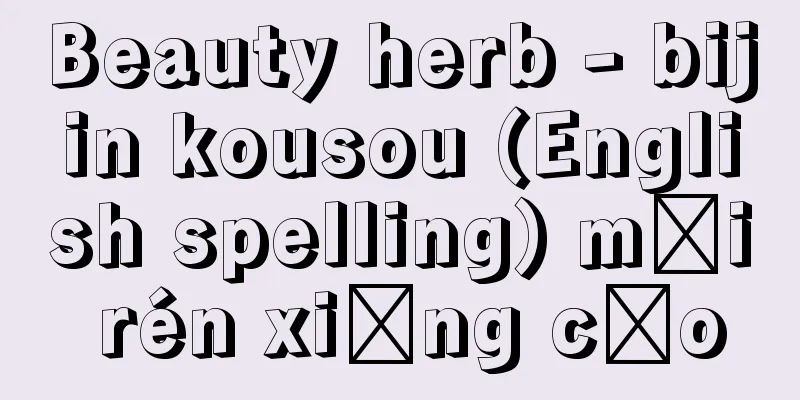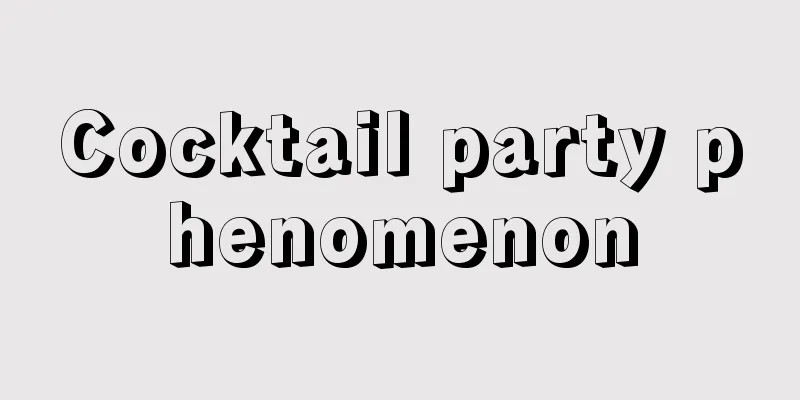Beauty herb - bijin kousou (English spelling) měi rén xiāng cǎo

|
Rhetoric in the ancient Chinese song and song, Chu Ci. In particular, the beautiful women seen in the Li Sao chapter are said to be metaphors for the lord, and the fragrant herbs for loyal subjects. In the preface to the Li Sao chapter of the Chu Ci Zhangju, Wang Yi writes that the good birds and fragrant herbs are metaphors for loyal subjects, the bad birds and stinking things are metaphors for slanderers, the beautiful women who cultivate the spirit are metaphors for the lord, the goddesses are metaphors for wise subjects, the dragons and phoenixes are metaphors for gentlemen, and the wind and clouds are metaphors for small people. If we assign them mechanically like Wang Yi does, we may misinterpret them, but these metaphorical systems have their roots in the ritual literature from which the Chu Ci grew, and an accurate understanding of them is essential to understanding the literature of the Chu Ci. Source: Heibonsha World Encyclopedia, 2nd Edition Information |
|
中国の古代歌謡《楚辞》の修辞法。とくに離騒篇中に見える美人は主君を,香草は忠臣を比喩したものとされる。王逸は《楚辞章句》離騒篇の序において,善鳥香草は忠貞の臣を,悪禽臭物は讒侫(ざんねい)者を,霊修美人は主君を,神女たちは賢臣を,竜や鳳は君子を,風や雲は小人を比喩しているのだという。王逸のように機械的に割り当てると解釈を誤るところも出るが,これらの比喩体系は《楚辞》が成長してきた祭祀文芸にその根源をもつもので,その正確な把握は《楚辞》文学の理解のために不可欠である。
出典 株式会社平凡社世界大百科事典 第2版について 情報 |
<<: Beauty Contest - Bijin Contest
>>: Pixinguinha (English spelling)
Recommend
Pilgrimage to Mt. Oyama
Rakugo. The people of Edo went on a pilgrimage to...
Voltaic
...A branch of the Niger-Kordofan language family...
The Seal and the Cloud
…At the same time, he also contributed to the cre...
Kanbun Inchi - Kanbun Inchi
This refers to the issuance of red seal letters an...
aerodynamic center
…The chord that passes through the center of grav...
Kamakura Five Mountains
In contrast to the Five Mountains of Kyoto, the t...
Aizu Uprising
In the early Edo period, there was a family feud ...
emission spectrum
...This is called a band spectrum. The above are ...
Lumberjack song - Carrier song
A folk song. A work song sung when a large group o...
Palmarosa
…Other aromatic plants from the same genus that a...
Cyanidation process
For example, the following reaction occurs: The s...
Ring King
…Afterwards, the country developed a transit trad...
Oizumiso - Oizuminosho
A manor in Tagawa County, Dewa Province. It is bel...
Hatsuko Kikuhara
The head of the Nogawa school of jiuta and a prac...
frontier spirit
...This is closely related to the formation of po...









